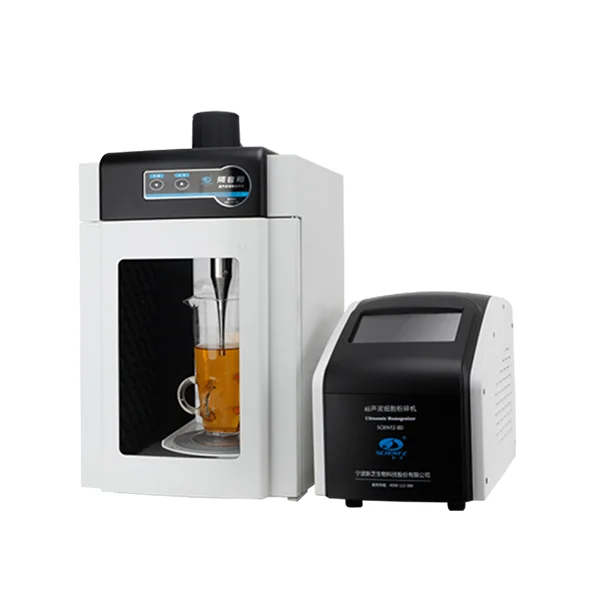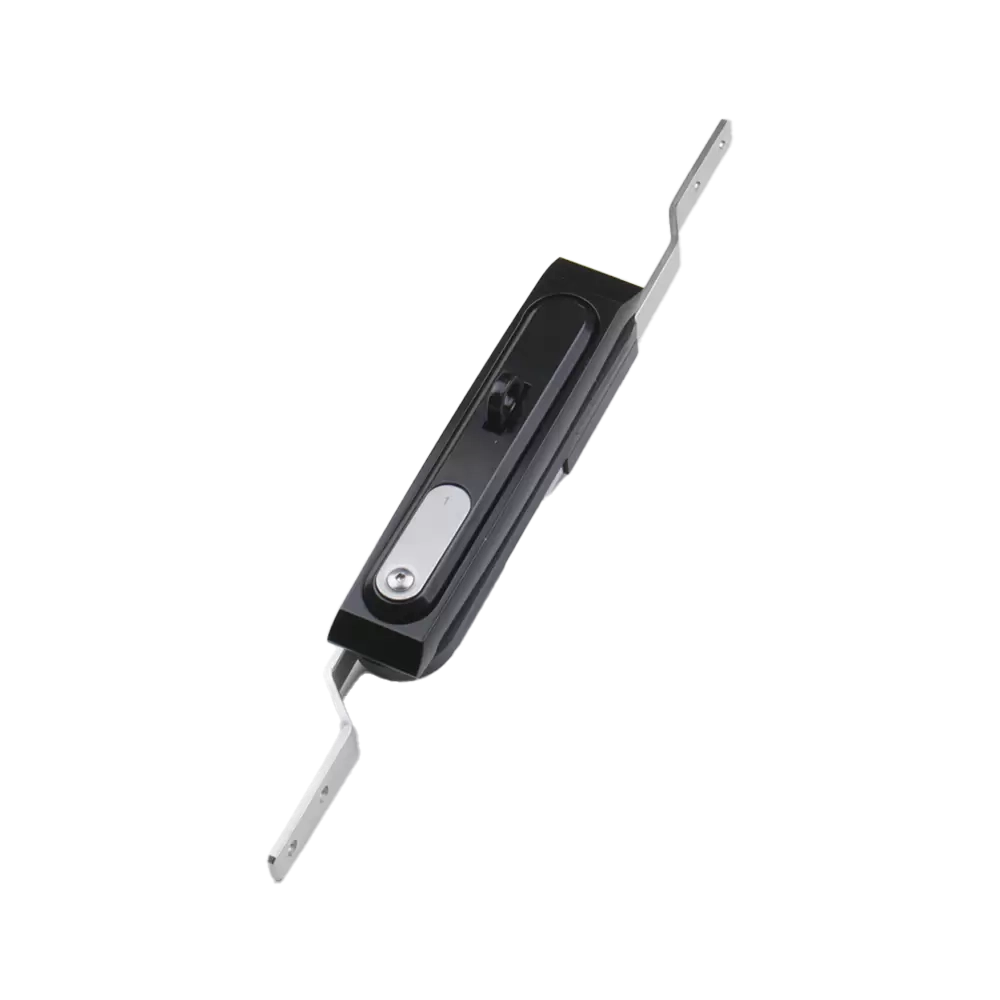Importance of Automatic Roller Bearing Production Line
In the industrial sector, roller bearings play an integral role in ensuring the smooth operation of machines, vehicles, and equipment. Roller bearings reduce friction between rotating parts, leading to reduced wear, enhanced efficiency, and better overall performance. With industries demanding higher precision, reduced downtime, and lower production costs, the need for automated production solutions has grown substantially. In this blog post, CONSUMMATE will share the key benefits and technical aspects of automatic roller bearing production line for sale, highlighting their importance in modern manufacturing.
1. Enhanced Production Efficiency
One of the most significant advantages of an automated roller bearing production line is the increased production rate and efficiency. Unlike manual processes, which are prone to human error and time-consuming, automated systems can operate continuously and consistently. These systems work in synergy, allowing for the mass production of roller bearings with minimal human intervention. This setup minimizes idle times, enabling a steady output and shorter production cycles.
In the case of roller bearing production, which requires precision machining of components like inner rings, outer rings, rollers, and cages, CNC technology ensures highly accurate dimensions and smooth surfaces. Automated processes such as grinding, polishing, and lubrication application help maintain uniform quality, thus reducing wastage and rework. Automation ensures that each bearing produced meets stringent specifications, and it can handle increased production demands without compromising quality.
2. Reduction in Production Costs
Automatic production lines have a high initial setup cost due to the expense of sophisticated machinery and technology integration. However, this investment is offset by long-term cost savings. Automated lines reduce the need for a large workforce, which can be a significant cost factor in manufacturing. As the automated line manages the majority of tasks, it frees up human resources for more strategic roles, such as system monitoring and quality assurance.
Moreover, automated production lines are energy-efficient. For instance, energy management systems integrated within these lines help monitor and optimize energy consumption across various operations. The precision of automation also leads to fewer defective products, reducing material costs associated with reworking or scrapping defective parts. By minimizing labor, material, and energy costs, automated roller bearing production lines contribute to a lower cost per unit, which is vital in a competitive market.

3. Improved Product Quality and Consistency
Automated roller bearing production lines ensure a higher degree of quality control than manual production methods. Quality control systems are used at various stages of production. These systems detect defects in real-time, from minute surface imperfections to dimensional inaccuracies. Machine vision systems, for example, use high-resolution cameras to capture images of bearings, which are then analyzed for surface quality, roundness, and correct assembly.
Automated quality checks ensure that only products meeting exact specifications proceed to the next stage of production, while defective components are removed early in the process. Furthermore, consistent parameters like feed rate, temperature, and lubrication levels are maintained across all machines on the line, eliminating variations that can affect the lifespan and reliability of the bearings. Consequently, automated production not only increases product quality but also ensures that quality is uniform across every unit.
4. Enhanced Safety and Reduced Human Error
Bearing production involves handling heavy machinery, sharp cutting tools, and high temperatures, all of which pose a risk to human operators. An automated roller bearing production line minimizes these risks by reducing the need for human involvement in dangerous tasks. Safety protocols, such as machine interlocks and emergency shutdown systems, are also integrated within these lines to prevent accidents.
In addition to improving safety, automation reduces the scope of human error, which can lead to defects, machine downtime, or even damage to expensive machinery. Automated systems execute processes with pinpoint accuracy, thus eliminating errors caused by fatigue, distraction, or oversight.
5. Flexibility and Scalability in Production
Automated roller bearing production lines offer a high degree of flexibility and scalability. With the use of programmable systems, the same production line can manufacture different types and sizes of roller bearings with minimal reconfiguration.
Conclusion
The integration of an automatic roller bearing production line offers considerable advantages in production efficiency, cost reduction, product quality, safety, and environmental impact. In an era where precision and productivity are paramount, automated production lines represent a valuable asset to manufacturers, enabling them to meet industry demands and deliver high-quality roller bearings at competitive costs. By embracing automation, manufacturers are not only future-proofing their production capabilities but also contributing to a more sustainable and efficient industrial ecosystem.
https://www.jscst.vip/Importance-of-Automatic-Roller-Bearing-Production-Line.html
www.jscst.vip
CONSUMMATE


